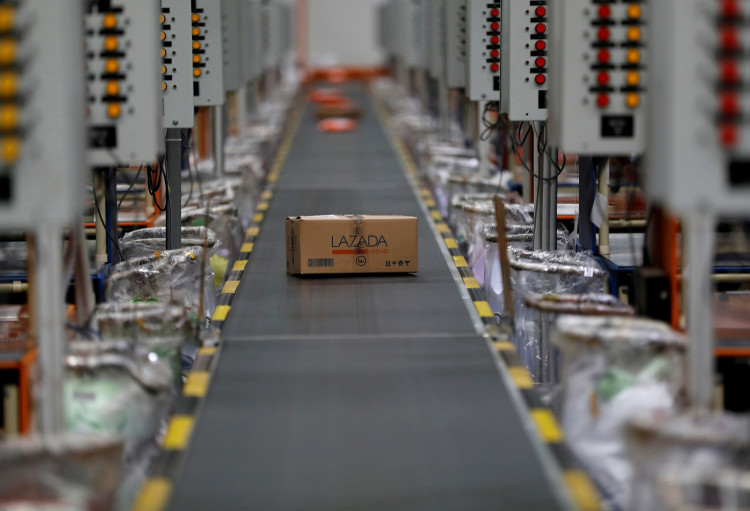Alibaba's online e-commerce platform in Southeast Asia, Lazada, has temporarily halted its grocery delivery services in Singapore following a surge in online orders. Most residents in the country resorted to buying their groceries online after the Singaporean government issued strict social distancing measures to mitigate the spread of the coronavirus pandemic.
Lazada's online grocery unit, RedMart, announced that it will no longer be taking orders until April 4. The company issued the notice on April 2, when it started recording a surge of users buying massive amounts of goods on its platform.
RedMart had stated in its notice to customers that it will be using the time to make relevant changes to its platform to prioritize essential products such as eggs, rice, flour, and other food items. The company reassured customers that existing orders will be fulfilled.
Online grocery services such as Lazada's RedMart and Amazon's Prime Now have been facing increasing amounts of orders in Singapore over the past few days. The companies have been trying to meet the increasing demand as most of the country's 5.7 million people are now choosing to order online instead of going to grocery stores or supermarkets.
Unlike their online counterparts, physical supermarkets and grocery stores have already imposed purchase limits on certain essential food items such as rice, vegetables, and instant noodles. The government had already begun encouraging people to purchase their groceries online instead of going out. Singapore has also pledged to provide support to local retailers who are going online to sell their goods.
Due to the surge in users, the demand on the country's $5.2 billion online grocery industry has now outpaced its operational capacity. Companies will likely have to find ways to cope with the surging demand, with those with shorter supply chains being able to handle the situation more easily. Measures such as prioritizing essential items and limiting purchases will have to be implemented to relieve pressures on the platforms.
Coronavirus cases in Singapore have already surpassed 1,000 but the city-state has yet to implement a full lockdown. Instead, the government has chosen rollout strict social distancing guidelines that restrict gatherings and other social activities. One of the reasons that most of the residents have chosen to go online is that one of the latest confirmed cases had involved an employee at a popular supermarket chain.
Several citizens had raised concerns regarding possible shortages given the lockdowns implemented by its neighboring countries such as Malaysia. Government officials have reassured citizens that it will not run out of food and basic essentials as its key supply chains are still operating.






